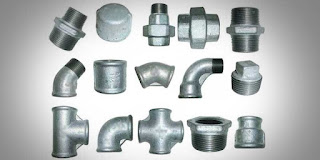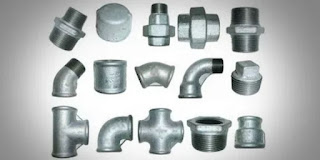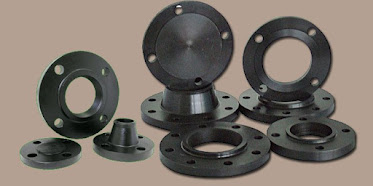Investigating Flange Manufacturing: Innovation in Practise
The Flange Manufacturing Process in India involves several stages of precision engineering and fabrication to create a vital component used in various industrial applications. Flanges, which are typically circular discs with holes, are used in plumbing systems to connect pipes, valves, and other gear. The secure and leak-proof junction they offer ensures the efficient and safe transport of fluids or gases.
Material Selection:
The first step in the Flange Machining Process is the selection of suitable materials. Flanges are commonly made from metals such as carbon steel, stainless steel, or alloy steel, chosen based on the specific application requirements such as temperature, pressure, and corrosive environment.
Cutting and Shaping:
Following selection, the material is sliced and formed. To get the right size for the flange, big metal plates are first cut into smaller pieces. The produced parts are then heated to the proper temperature in order to prepare them for further processing.
Forming and Forging:
During the heating process, the metal components soften and allow for the development of the proper flange shape. You can utilise a variety of techniques, including hot forging and cold forging. In cold forging, the metal is shaped while it is still at room temperature; in hot forging, the heated metal is fashioned using a die while under intense pressure.
Machining:
After the initial forging and forming, the flange is machined to achieve precise tolerances and to refine its dimensions. This includes operations including facing sealing surfaces, chamfering edges, and drilling holes for bolt connections. CNC (Computer Numerical Control) machines are often used for automated and precision machining.
Heat Treatment:
Depending on the material and purpose, the flanges may undergo heat treatment methods such as annealing, quenching, or tempering. Heat treatment boosts the flange's mechanical properties while also enhancing its strength, hardness, and resistance to wear and corrosion.
Inspection and Quality Control:
Quality control is an important stage in the production of flanges. Flanges go through a thorough examination process to make sure they comply with the appropriate norms and specifications. To check for faults, this includes dimensional inspections, surface finish analyses, and non-destructive testing methods like ultrasonic or magnetic particle testing.
Surface Finishing:
To achieve the desired smoothness, remove surface defects, and improve their overall look, flanges may be treated to surface finishing operations including grinding or polishing.
Coating or Plating:
Flanges could undergo coating or plating processes to improve their resistance to corrosion or provide more protection. Popular substitutes include galvanising, epoxy coating, and the use of corrosion-resistant metals.
Final Inspection and Packaging:
After the manufacturing process is complete, the flanges go through a final inspection to ensure they meet all essential specifications and quality standards. They are neatly packaged to prevent any damage during storage and transportation.
The Flange Manufacturing Process requires skilled engineering and adherence to stringent quality control measures to ensure that the final product meets the necessary performance and safety requirements. This rigorous process results in flanges that are crucial components in the oil and gas, petrochemical, power generating, and many other industries, enabling the efficient and dependable operation of piping systems.
Trimac Piping Solutions is one of the largest Flanges Manufacturers in India and Flanges Manufacturers in UAE. Flanges manufacturers in Dubai - Trimac Piping Solutions uses high-quality base materials to manufacture flanges.
We are also,
Pipe Fittings Manufacturers in Mumbai
Pipe Fittings Manufacturers in Pune
Pipe Fittings Manufacturers in Gujarat




Comments
Post a Comment